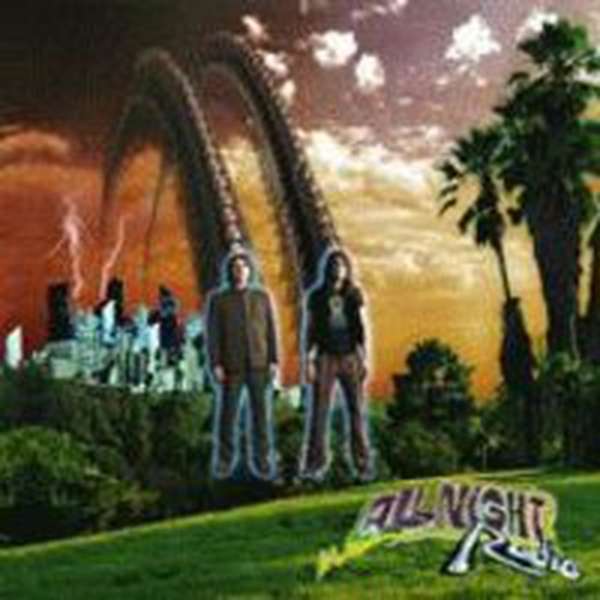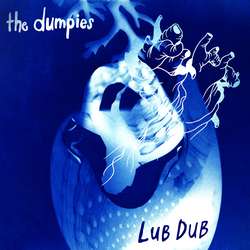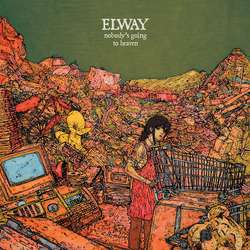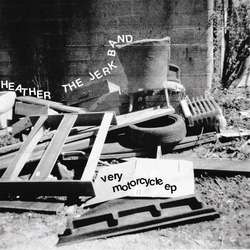Imagine driving down an endless highway in a thunderstorm while listening to your favorite AOR station. Suddenly lightning strikes the antenna and the gaps between the songs are erased. The songs of the Beatles, the Doors, Pink Floyd, Three Dog Night and even the Gypsy Kings all begin to coincide with one another, creating intricate, lengthy tracks. Through some variety of divine intervention, the songs are archived, and this unprecedented hybrid is christened with an appropriate band and album title: All Night Radio, and Spirit Stereo Frequency, respectively.
They say that there's a fine line between homage and plagiarism. On their latest release, All-Night Radio has effectively crossed that line. Throughout most of Spirit Stereo Frequency, the influence of the Beatles on the group becomes all too apparent, but not in the way that Grandaddy kind of sounds like the Flaming Lips, or Olivia Tremor Control kind of sound like the Beach Boys. These aren't good Beatles songs that hit the cutting room floor because they were extraneous; these are Beatles songs that hit the cutting room floor because they were just plain weak.
The best example of this obvious Beatles influence is manifested on "We're on Our Wave," particularly at the end when backwards looped guitars, vocal harmonies, and riffs pulled right out of Abbey Road randomly appear. The thing is that these elements seem to be thrown into the song at what feels like random intervals; the loops and harmonies drop in and out, and don't represent or recreate the functionality they held in Beatles songs.
After a bizarre, tuneless Latin track, "Fall Down 7," they delve into more Beatles- this time from the Revolver-era. "You'll Be On Your Own" is packed with the dominating, reverb-heavy guitars that you would find in "Think For Yourself" or "Doctor Robert", but, again, the elements are kind of thrown in haphazardly.
In the way that classic rock radio stations play more Beatles than Animals, Doors, or Pink Floyd, All Night Radio succeeds in authenticating the experience of listening to an archetypal classic rock on a thunderstruck highway. But, in the way that radio stations play stronger material, rather than newer, posthumous songs, you'll probably be reaching for the FM button instead of your CD changer.



